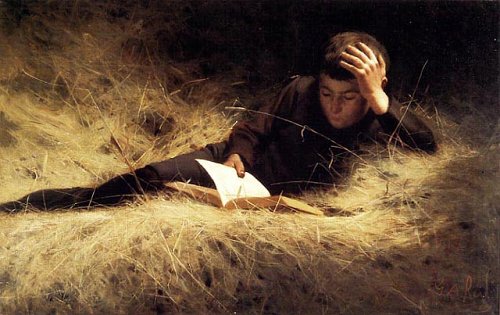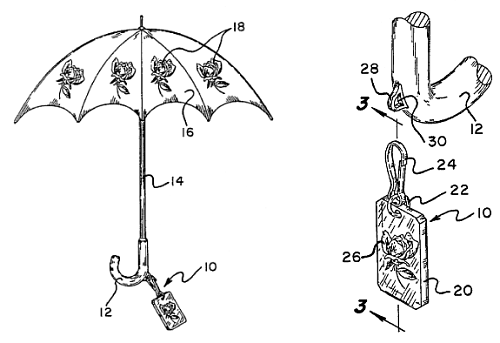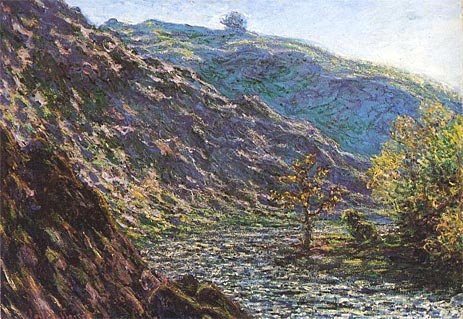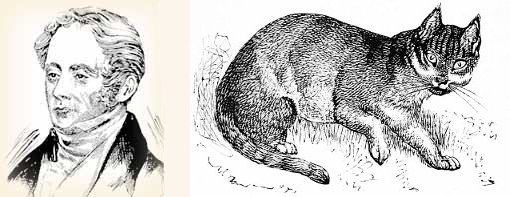I love thee, Mary, and thou lovest me–
Our mutual flame is like th’ affinity
That doth exist between two simple bodies:
I am Potassium to thine Oxygen.
‘Tis little that the holy marriage vow
Shall shortly make us one. That unity
Is, after all, but metaphysical.
Oh, would that I, my Mary, were an acid,
A living acid; thou an alkali
Endow’d with human sense, that, brought together,
We both might coalesce into one salt,
One homogeneous crystal. Oh, that thou
Wert Carbon, and myself were Hydrogen;
We would unite to form olefiant gas,
Or common coal, or naphtha–would to heaven
That I were Phosphorus, and thou wert Lime!
And we of Lime composed a Phosphuret.
I’d be content to be Sulphuric Acid,
So that thou might be Soda. In that case
We should be Glauber’s Salt. Wert thou Magnesia
Instead we’d form the salt that’s named from Epsom.
Couldst thou Potassa be, I Aqua-fortis,
Our happy union should that compound form,
Nitrate of Potash–otherwise Saltpetre.
And thus our several natures sweetly blent,
We’d live and love together, until death
Should decompose the fleshly tertium quid,
Leaving our souls to all eternity
Amalgamated. Sweet, thy name is Briggs
And mine is Johnson. Wherefore should not we
Agree to form a Johnsonate of Briggs?
— “A Rochester druggist,” quoted in The Medical Age, Oct. 11, 1886





